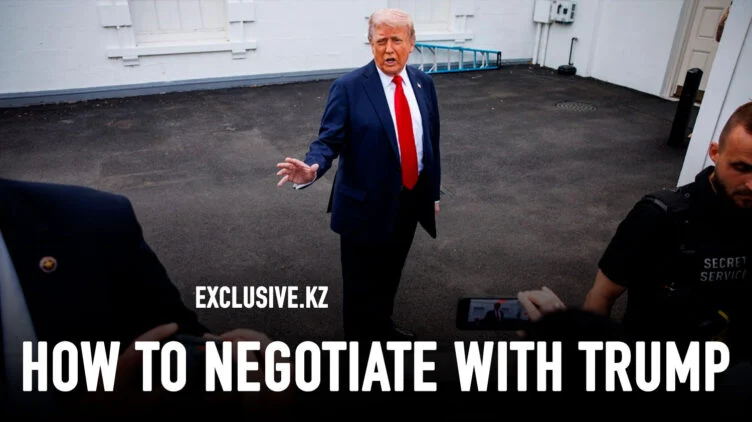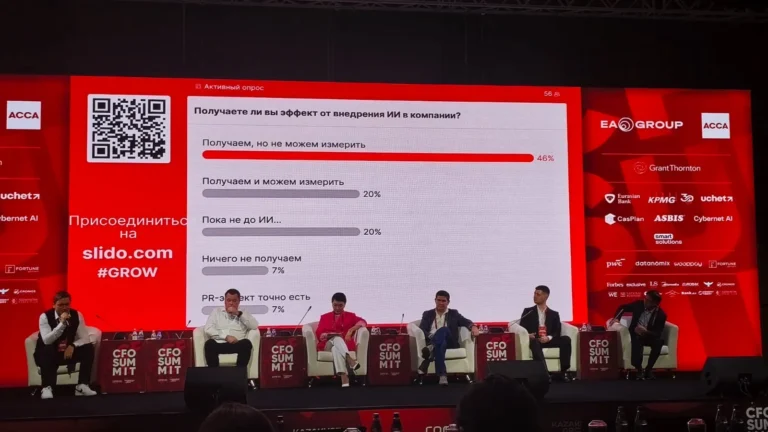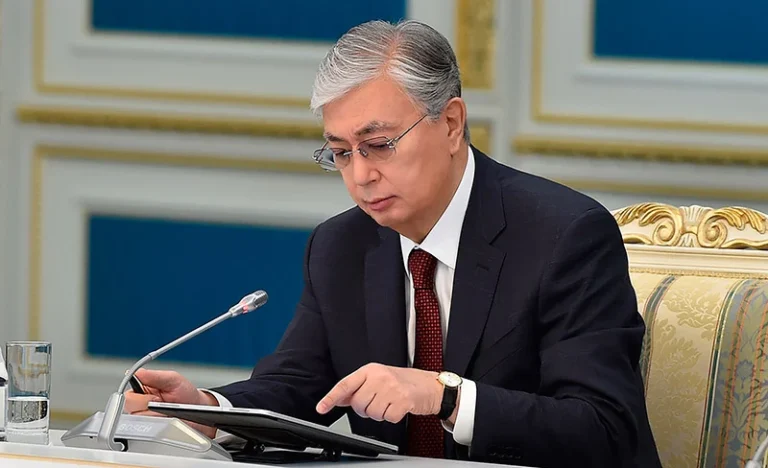Countries must take their time and think strategically

Since Donald Trump returned to the White House in January, it has been virtually impossible to keep up with all the extreme measures, incendiary rhetoric, personnel changes, policy reversals, and breaches of rules and norms, from intelligence leaks to defiance of court orders. That is by design: like European fascists in the twentieth century, Trump knows that it is far easier to manipulate and suppress an overwhelmed, divided, and disoriented public than an informed, engaged, and assured one.
The relentless stream of declarations, policy U-turns, and legal violations confuses and exhausts Trump’s opponents, making it difficult to devise a clear strategy for resisting him. And the flood of often-false or misleading information, combined with continued appeals to popular grievances, prevents Trump’s supporters from recognizing that he is often actively working against their interests.
For example, cuts to Medicaid under the just-passed “Big, Beautiful Bill” – which will amount to about $1 trillion over a decade – will leave millions of Americans, including many Trump voters, without health care. Yet Trump’s supporters remain largely fixated on the “enemies” against whom Trump promises to “protect” America. If you have an angry base and can conjure scary bogeymen, you do not have to justify your policies; you need only keep stoking voters’ anger and fear.
Trump’s domestic opponents cannot expect to make progress simply by calling out his hypocrisy, such as promising to rein in the budget deficit, and then signing a tax and spending bill that will increase the deficit by $3.4 trillion over the next decade. Highlighting the consequences of his policies for ordinary Americans – such as the inflationary effects of his tariffs – is similarly ineffective.

The international community, too, has been struggling to figure out how to respond to Trump’s behavior, from his bombing of Iranian nuclear sites to his rejection of multilateral agreements. When it comes to tariffs, however, the path forward should be clear.
On April 2, Trump unilaterally announced “reciprocal” tariffs on countries running trade surpluses with the United States. But on April 9 – less than 24 hours after the tariffs took effect – he announced a 90-day “pause,” during which the affected countries were supposed to reach new trade agreements with the US. True to form, the Trump administration has just moved the deadline again: now, countries apparently have until August 1.
Trump’s tariffs defy economic logic. A well-established theoretical framework, based on centuries of evidence, explains why international trade is fundamentally a win-win proposition: each country can produce and sell goods and services in the fields where it has a comparative advantage.
Many factors can contribute to that advantage, from demographics to natural-resource endowments to technological innovation. Japan, for example, is better equipped than most other countries to produce and export high-quality cars, thanks to decades of technological development and trust-building in foreign markets. When everyone is making the most of their comparative advantages, living standards rise everywhere.
The Trump administration, however, treats trade like a zero-sum game: if other countries are benefiting, then the US must be losing. Trump hopes that by weaponizing tariffs, he will secure “victories” for US industry. The problem is that the added costs fall primarily to domestic importers – not foreign producers – and are then passed on to consumers. The result is reduced access to foreign goods, weaker domestic competition, and higher prices.
But Trump either does not understand this, or simply does not care, and his supporters remain in thrall to his “Make America Great Again” myth-making. So, other countries feel considerable pressure to strike timely deals with his administration. They must resist that pressure. As game theory indicates, patience is crucial for finding cooperative solutions to seemingly intractable conflicts – especially when the uncooperative party is showing impatience. Countries should also remain open to the possibility that trade negotiations can bring mutual benefits, particularly if their scope is broadened beyond industrial products, to include agricultural products and even security issues.
Trade talks between the US and Japan are a case in point. So far, bilateral negotiations have focused not only on automobiles – US imports of Japanese cars are far higher than Japanese imports of American cars – but also on rice, an industry that Japan protects with tariffs and subsidies. But reports of excess production capacity suggest that these protections are not doing Japan much good. Add to that high prices – a reflection of high production costs – and Japan has good reason to liberalize the sector, quite apart from facilitating a trade agreement with the US.
Trump’s aggressive tactics have already motivated Europe to take responsibility for its own security – a welcome development in an increasingly insecure world. At last month’s NATO summit, member countries (with the exception of Spain) committed to increasing their defense spending to 5% of GDP by 2035. Incorporating defense considerations into trade negotiations could prove constructive.
Japan’s share of defense spending was affected by the US occupation policy after World War II, which was intended to prevent Japan from becoming a major military power again. Now confronted with the military might of neighboring China and North Korea, and with new demands for increased defense spending from the US, the Japanese will need to consider the issue seriously.
None of this justifies Trump’s economically counterproductive, highly destabilizing policies. But rather than become overwhelmed or distracted, and end up striking unfavorable trade deals, countries must take their time, think strategically, and, where possible, bring mutually beneficial offers to the table.
Copyright: Project Syndicate, 2025.





Все комментарии проходят предварительную модерацию редакцией и появляются не сразу.